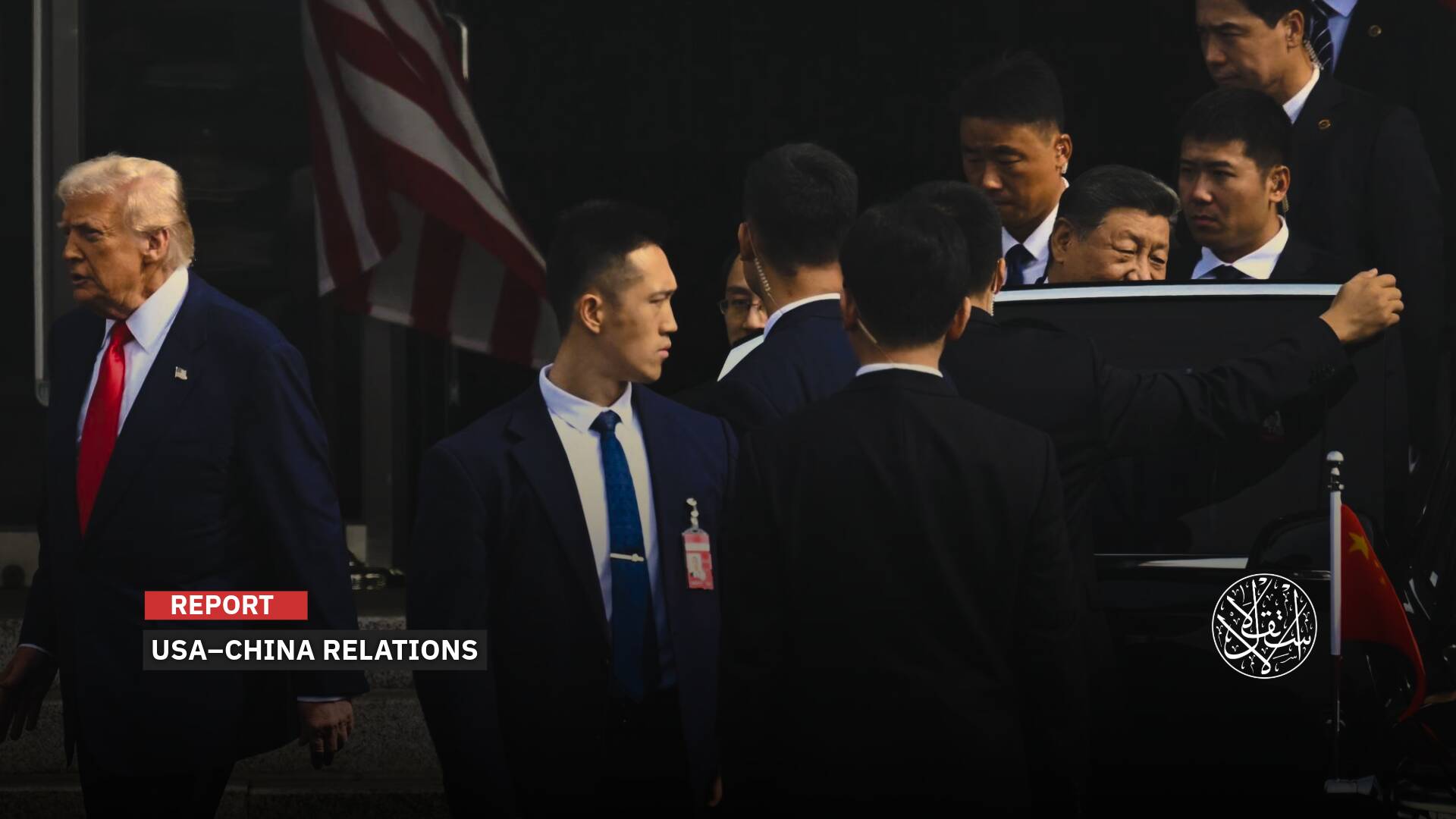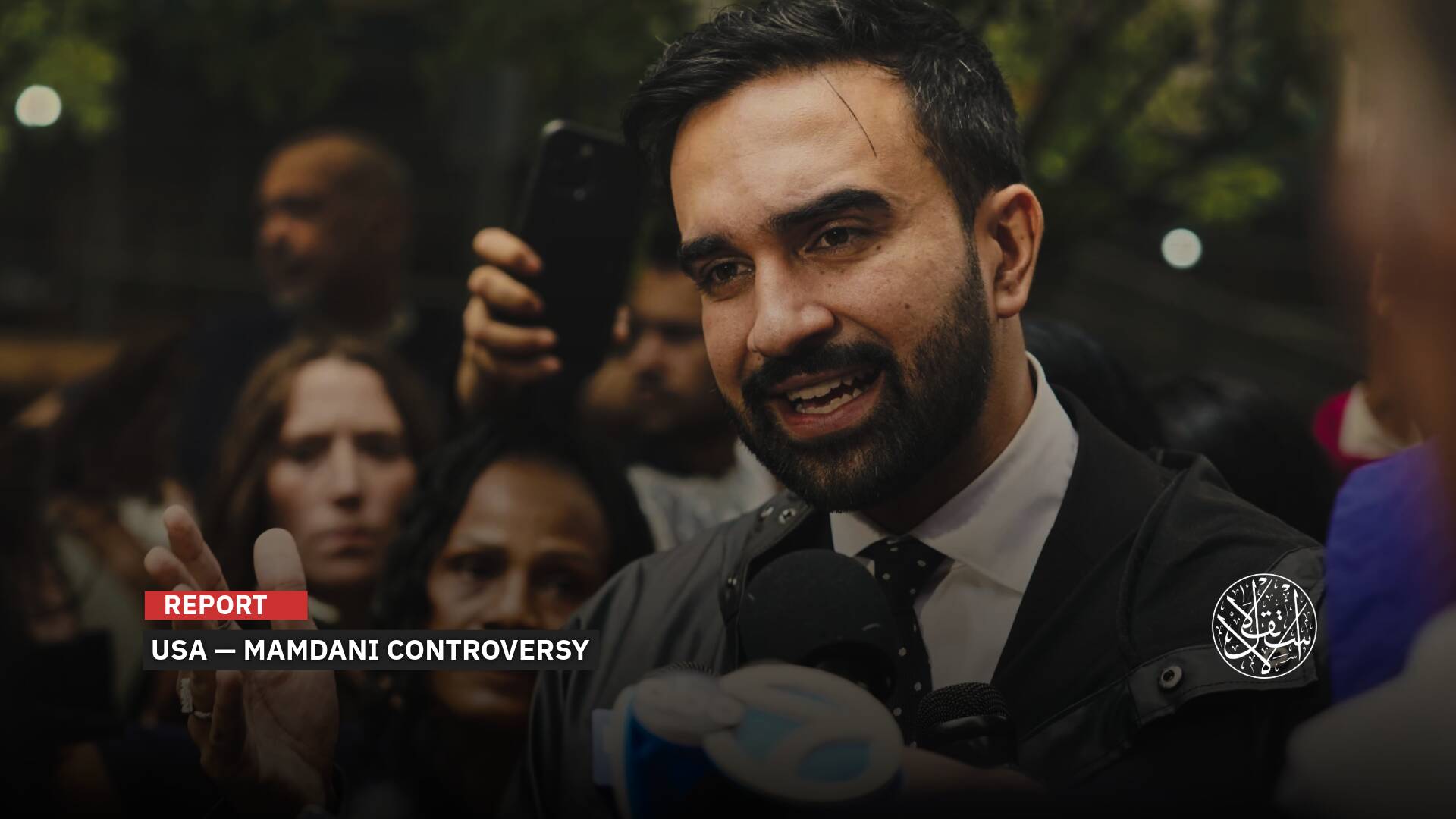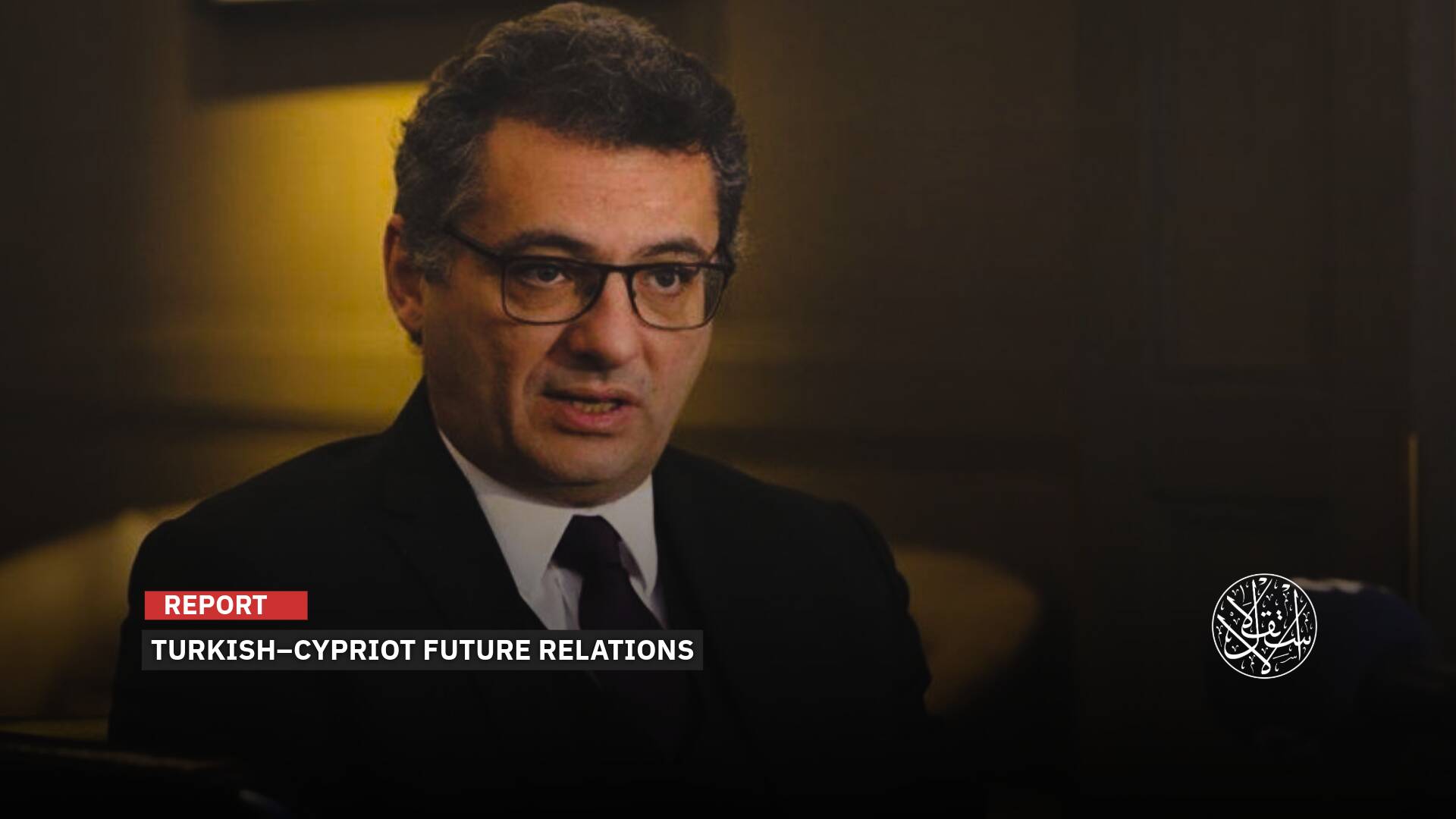National Security Council: How Trump Is Waging a New Conflict With the Deep State

“The Trump administration recently launched a comprehensive plan to overhaul the National Security Council.”
Last week, the administration of US President Donald Trump began radical reforms of the National Security Council (NSC), preparing to redeploy hundreds of staff and consolidate power with aides loyal to the president.
This move, according to observers, underscores the transformation of the NSC from a body that traditionally helped presidents formulate comprehensive national security policy to one that implements the ideas already espoused by the president.
The restructuring of the NSC is expected to further diminish its influence, transforming it from a primary policy-making body into a smaller entity dedicated to implementing the president's agenda rather than shaping it.
It also comes amid an internal power struggle between the ‘Make America Great Again’ factions and the more traditional factions within the Republican Party, which comprise Trump's foreign policy team.
NSC officials often wield enormous influence behind the scenes over US policy toward the most volatile global crises, managing disagreements between the State Department, the Pentagon, and other agencies on key policy issues.
Necessary Struggle
There has been recent discussion about the role of the NSC in the White House decision-making process and the extent of its real influence.
The Trump administration recently began a broad restructuring of the NSC, ultimately aiming to reduce its size and return many staff members to their original agencies.
When Trump took office, the NSC had a staff of 350, but last January, the number was reduced to about 150.
According to several sources, the current plan could reduce the staff to between 50 and 60, but a final decision has not yet been made.
Officials said those being removed from the NSC will be moved to other government positions.
A White House official described the recent layoffs and dismissals as the latest move by Trump and Rubio against what they view as the deep state in Washington.
Rubio said in a statement to Axios that the restructuring of the NSC is consistent with its original purpose and President Trump's vision, noting that the old council was filled with veteran officials who did not share Trump's view.
Trump's White House sees the NSC as notoriously bureaucratic and filled with longtime officials who don't share the president's vision.
A senior White House official said the NSC's focus will be on policy coordination and advice, not implementation.
He also emphasized that the NSC's bureaucracy may have been necessary for other presidents who have struggled with cabinet and agency conflicts, but not for the Trump team.
Michael Allen, a former senior director at the NSC, said the staffing changes reflect President Trump’s desire for direct control over key decisions.

Political Outrage
From his first days in the White House in 2017, Trump carried with him a deep skepticism toward the security and intelligence establishment, especially the NSC.
Trump believed that the council, in its bloated bureaucratic form, did not serve his vision as much as it hindered it, granting excessive influence to the deep state elite, a label his supporters have long used to describe unelected officials within the government.
In his first term, Trump not only reduced the structure of the council but also completely reshaped its workings.
With four National Security Advisors in just four years—Michael Flynn, H.R. McMaster, John Bolton, and Robert O'Brien—none of them were given enough time to build a cohesive structure, especially since Trump preferred immediate, non-institutional decisions.
For example, his decision to withdraw US forces from Syria in December 2018 came during a phone call with Turkish President Recep Tayyip Erdogan, without any formal consultation process, leading to the resignation of Defense Secretary James Mattis in protest.
When Trump returned to office in January 2025, the same approach continued, even intensified.
Despite his appointment of Republican congressman and veteran Mike Waltz as National Security Advisor to implement reforms to restructure the Council on a basis more aligned with his vision, the mission quickly faltered.
After the Signalgate, which included information about military plans against the Houthis, Waltz found himself at the center of a political storm within the White House.
Although the leaks appeared to be a technical accident, after a journalist was mistakenly added to a group of Trump administration officials, the outrage within the administration was deeply political.
Far-right figures, such as activist Laura Loomer, launched a concerted campaign against Waltz, accusing him of not representing Trump's hard line.
In addition to disagreements over Waltz's handling of Iran and China, there were also disagreements over his coordination with Israeli Prime Minister Benjamin Netanyahu without direct authorization.
Waltz also failed to get along with key aides to the president, particularly White House Chief of Staff Susie Wiles, who eventually stopped speaking to him.
Ultimately, Trump fired Waltz less than three months later, replacing him with Rubio as acting senior advisor, an unusual move not seen since the era of Henry Kissinger.
Trump reportedly wanted Rubio to remain in his position as long as possible so that they could work together to shrink and weaken the deep state.

Major Change
The restructuring of the NSC comes as the Trump administration continues to search for a way out of the Russia-Ukraine war and tensions in the Middle East.
Waltz has been a key advocate of imposing severe punitive sanctions on Russian President Vladimir Putin if he does not agree to a peace agreement, putting him at odds with Trump and J.D. Vance, who have been reluctant to impose any sanctions.
The dismissal of Mike Waltz was the first major staff change in Trump's new term, a further indication of the fragile role of the NSC within the Republican president's circle.
In a related development, the Trump administration removed Gen. Timothy Haugh, director of the NSC and Cyber Command, according to congressmen on the House and Senate Intelligence Committees.
Among the senior staff leaving the NSC are Alex Wong, Waltz's deputy, Eric Trager, the senior director for Middle East issues, Merav Sirin, the director responsible for the Israel-Iran portfolio, and Andrew Peck, the director responsible for Europe.
Meanwhile, Axios reported that Andy Baker, Vice President JD Vance's national security adviser, will play a more prominent role on the NSC, serving as deputy national security advisor alongside Robert Gabriel, assistant to the president for policy.
In a related development, Politico revealed last February ambitious and unprecedented plans led by Russell Vought, director of the Office of Management and Budget in the second administration of Republican President Donald Trump, to reshape the foundations of the American government.
Within just 19 days of Trump taking office, his administration made a series of critical executive decisions bearing Vought's clear fingerprints.
Politico noted that these decisions included eliminating job protections for thousands of federal employees, freezing new hiring in government agencies, and launching a detailed review of every line of federal spending to ensure that no funds were being diverted to any causes that conflict with Trump's vision.
According to informed sources who spoke to Politico, these steps reflect Vought's deep vision of dismantling what Trump calls the deep state, which he believes worked to obstruct his agenda during his first term.
The sources added that Vought seeks to shock the federal workforce and dismantle what it describes as an elite system that it believes has long oppressed conservatives.
Vought is the only member of Trump's Cabinet from the first administration returning to the same position.

On his part, political analyst Dr. Imad Shueibi explained to Al-Estiklal that “During his election campaign, Trump pledged to eradicate what he called the deep state in America, which he refers to as an institutional resistance aimed at obstructing his agenda.”
“The Trump administration's ultimate goal is not the deep state, but rather the laws, regulations, protocols, and rules that hinder his dictatorial control,” he said.
“This hardline approach by President Trump recalls President John F. Kennedy, who was assassinated in 1963, and who also sought radical reforms in American politics that brought him into conflict with the deep state,” he added.
However, Dr. Shueibi believes that “removing Trump may not be beneficial at this time—even if it were desirable—given that his vice president, J.D. Vance, shares the same views but is more aggressive and conservative.”
Sources
- Trump's drastic NSC cuts spark debate: Does fighting the 'Deep State' put national security at risk?
- Trump, Rubio take aim at National Security Council's "Deep State"
- More than 100 National Security Council staffers put on administrative leave
- Donald Trump purges dozens of National Security Council officials
- Russell Vought’s about to use a normally obscure role to tear down the ‘deep state’
- Trump has long warned of a government 'deep state.' Now in power, he's under pressure to expose it











